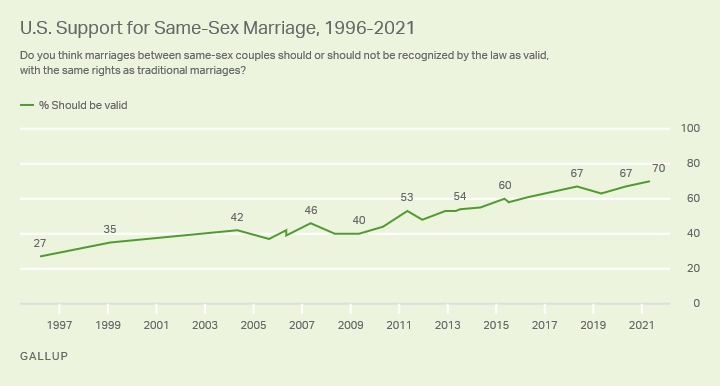Because issues aren't decided by referenda, but by representatives, who also need to respond to things like donors and media, all of which are overwhelmingly pro-Israel.
Well, I'm not sure if this is more an Arab or Muslim issue, but yes, I can see an anti-woke Muslim vote... But I don't see any trajectory where the GOP moderates either on their anti-immigrant stance (their best issue nationally right now), or on Israel itself*, given that the GOP leader recently openly boasted that service to Israel in the form of donations is worth more and rewarded better than US soldiers' lives, and was met by applause from his American right-wing base.
On the numbers side, while there are a lot of Arabs concentrated in Michigan, there are also other swing states or faintly purple with similar blocs- Penn has 300k Jewish citizens, Nevada has 2.6%, Virginia has endless foreign policy think tanks and MIC companies. Even Michigan, with 250k Muslims, has more than 100k Jews.
And this is the * from the above bit.
The groypers are anti-semitic neo-Nazis, very anti-Israel, who have an outsider/marginal influence. But the GOP, unlike the Democrats, has been susceptible to these outsider campaigns (Tea Party, Trump, the MAGA pretenders). If Nazis gain prominence in the party, that's the only way GOP policy on Israel might change.


